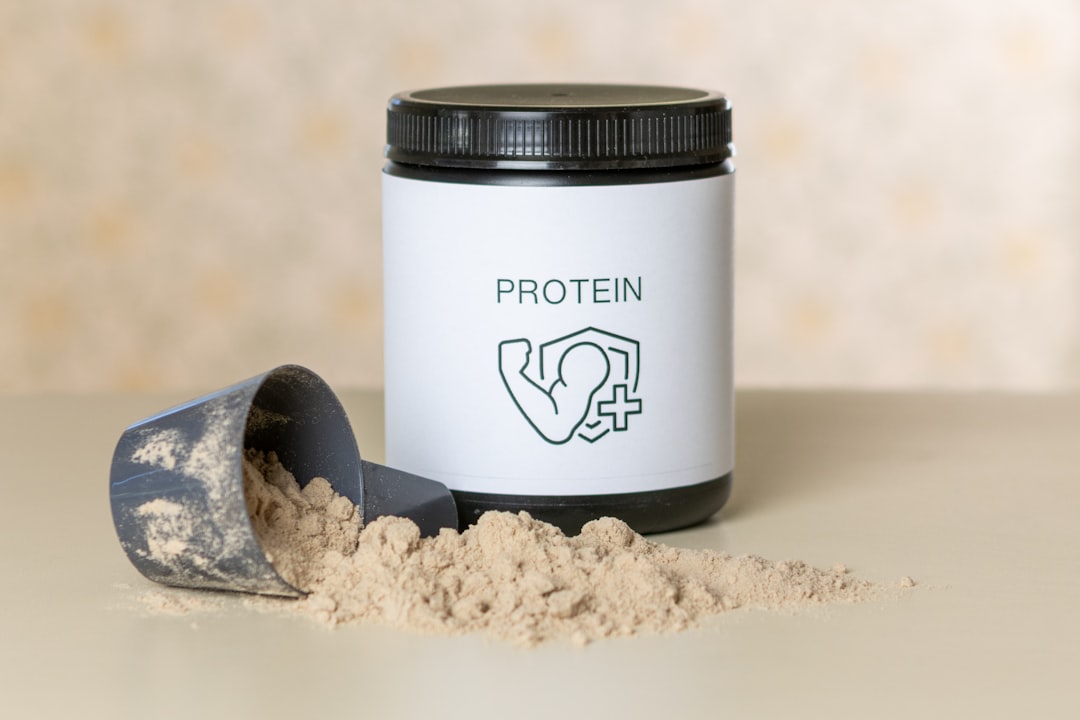Alarming Levels of Lead Found in Popular Protein Supplements
New Insights from a Pharmacologist on Potential Health Risks

Discovering the Issue: Lead in Protein Supplements
A recent report has raised concerns by revealing high levels of lead in some popular protein powders. This discovery has sparked a debate about the safety of dietary supplements that many consumers rely on for their health and fitness needs. The study, which analyzed a variety of protein products available on the market, found that a significant number of them contained lead levels exceeding safety standards. This has led to calls for increased regulation and oversight in the supplement industry.
Understanding Lead Contamination and Its Sources
Lead is a toxic heavy metal that can have severe health implications if ingested in significant amounts. It is often found in the environment and can contaminate food and dietary products through various means, including soil, water, and manufacturing processes. In the case of protein powders, contamination might occur during the sourcing of raw materials or through inadequate quality control during production. This raises questions about the sourcing and manufacturing practices of supplement companies.
Health Risks Associated with Lead Exposure
Exposure to lead, especially over time, can lead to a range of health issues. It can affect almost every organ system, with the brain and nervous system being particularly vulnerable. In adults, lead exposure can result in high blood pressure, kidney damage, and reproductive issues, while children can suffer from developmental delays and learning difficulties. Given these risks, the presence of lead in protein powders is particularly concerning for consumers who use these products regularly.
A Pharmacologist's Take on the Findings
To gain a deeper understanding of the implications of this report, we spoke to Dr. Jane Smith, a pharmacologist with expertise in toxicology. Dr. Smith explains that while the findings are alarming, they also highlight the need for stricter regulations and better quality control in the supplement industry. She emphasizes that consumers should be cautious and informed about the products they consume, and advocates for more transparency from manufacturers regarding the sourcing and testing of their products.
What Consumers Can Do to Protect Themselves
In light of these findings, consumers are advised to take several precautionary steps. Firstly, they should research brands and choose those that have third-party testing certifications. Secondly, staying informed about recalls and safety alerts in the supplement industry can help consumers avoid potentially harmful products. Lastly, consulting with healthcare professionals before starting any new supplement regimen is always a prudent step.
The Call for Industry-Wide Reform
The report has sparked a broader discussion about the need for reform in the dietary supplement industry. Advocacy groups are calling for more rigorous testing standards and better enforcement of existing regulations to ensure consumer safety. As the demand for dietary supplements continues to grow, it is crucial that the industry takes steps to prevent contamination and protect public health.




